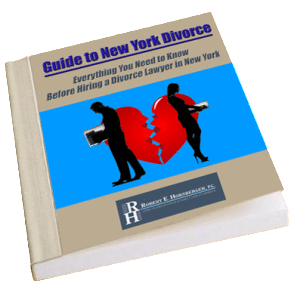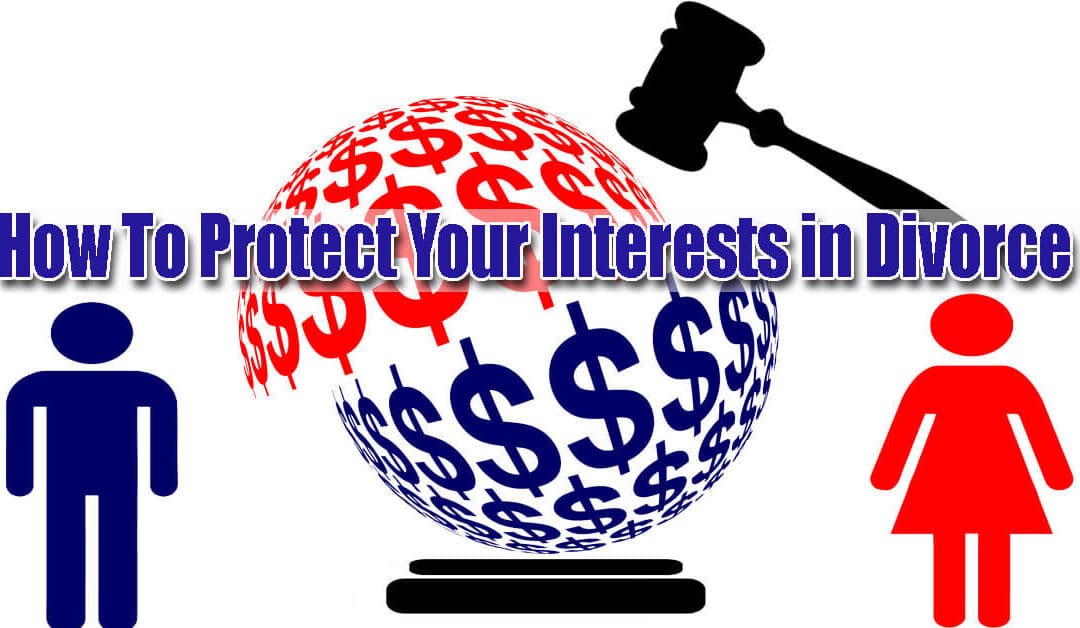Long Islanders who have any assets, whether modest or significant, are wise to consider the economic consequences of divorce on Long Island. Because divorce in New York nearly always results in a division of assets between spouses, it is important to have a plan for protecting yourself and your interests so that you are able to keep your fair share of those assets.
Prenuptial and Postnuptial Agreements Address Concerns Before Divorce on Long Island
If you have a valid prenuptial agreement or postnuptial agreement in place, and you are still pleased with the terms of your agreement, most of your concerns are already addressed. With one of these marital agreements in place, your spouse should not be able to walk away with more than you agreed to. However, if you were not proactive in creating a prenup or postnup, you might face somewhat of an uphill battle when trying to secure your interests.
Courts Will Decide Who Gets What If You Can’t
All marital assets become subject to the divorce, meaning that a court will determine who gets which marital assets if you and your spouse cannot agree. Marital assets are any assets that were acquired during the marriage, with exceptions for inheritances and gifts made directly to one spouse, or properties that are identified as separate property in a pre- or postnuptial agreement.
New York follows an equitable distribution theory of divorce, meaning that marital assets are not split equally, but are split “equitably.” This means that a court will decide what is fair and just based upon a number of factors. Even if one spouse earned far more than the other during the course of the marriage, that income becomes marital property subject to equitable distribution.
Trusts Can Serve the Best Interests of the Children
Providing for the best interests of your children should be first and foremost in your divorce discussions. For couples with significant wealth, this might mean that you and your spouse can agree to set aside a portion of the marital assets specifically for the children. For example, a trust can provide income to support the welfare of your children or can be set aside to cover your children’s needs such as health care or college tuition. It might also mean that one or both spouses can act as Trustees to access this money to provide for the children’s needs. Trustees are required to act solely in the children’s best interests. The money set aside in trust will hopefully not be a source of dispute between you and your spouse, and this can sometimes save some of the aggravation of determining how the money will be split between the two of you.
Business, Stocks & Deferred Compensation Require Experts
Certain assets like businesses, stock options, and deferred compensation plans can require valuation by an expert in order to fit into the equitable distribution equation on Long Island. A professional valuation will allow you to determine what your asset is or will be worth, and how it should be properly accounted for in your divorce. While that particular asset may not itself be divided between the spouses, one spouse may have to give up some other asset or interest in order to balance the scales.
Divorce Mediation Often a Better Option than Litigation
Divorce Mediation is an effective method of resolving economic disputes in divorces. It can save a tremendous cost of litigating over each individual asset, and as a result can allow more of your assets to be preserved for you and your spouse. It also tends to be a far less stressful and time-consuming option. The more that you and your spouse can agree upon without going to court, the better financial position you will both be in once your divorce is finalized. Settlement is always a beneficial option, so put some strong consideration into communication and negotiation where possible.
Stay Organized & Focused
Do your best to stay organized and focused on your financial objectives for the divorce.
An Experienced Long Island Divorce Attorney Can Protect Your Assets
An experienced Long Island divorce attorney can assist you with identifying your separate property and determining strategies for keeping the assets that are rightfully yours. Determining how to best protect your financial interests in divorce requires the assistance of a highly experienced Divorce Lawyer. The Divorce Law firm of Hornberger Verbitsky, P.C. provides thoughtful, professional counsel to residents of Nassau County and Suffolk County who are facing divorce and offers free consultations. Call 631-923-1910 today to schedule an appointment to speak with a qualified Long Island Divorce Lawyer.
For more information about Divorce on Long Island, visit this page: Divorce Lawyers Answer Questions about Long Island Divorce
For more information about Prenuptial and Postnuptial Agreements, please read Your Guide to Long Island Prenuptial & Postnuptial Agreements

Download our Free New York Divorce Guide
Our 41-page “Guide to New York Divorce: What You Need to Know Before Hiring a Divorce Lawyer in New York” written by an experienced family law lawyer, Long Island’s Robert E. Hornberger, Esq., provides you with real information on the divorce process and the laws it rests upon in the state of New York. This book will help give you a solid foundation upon which you can begin the process of making your family’s, life better. Download your Free Guide to New York Divorce here.















